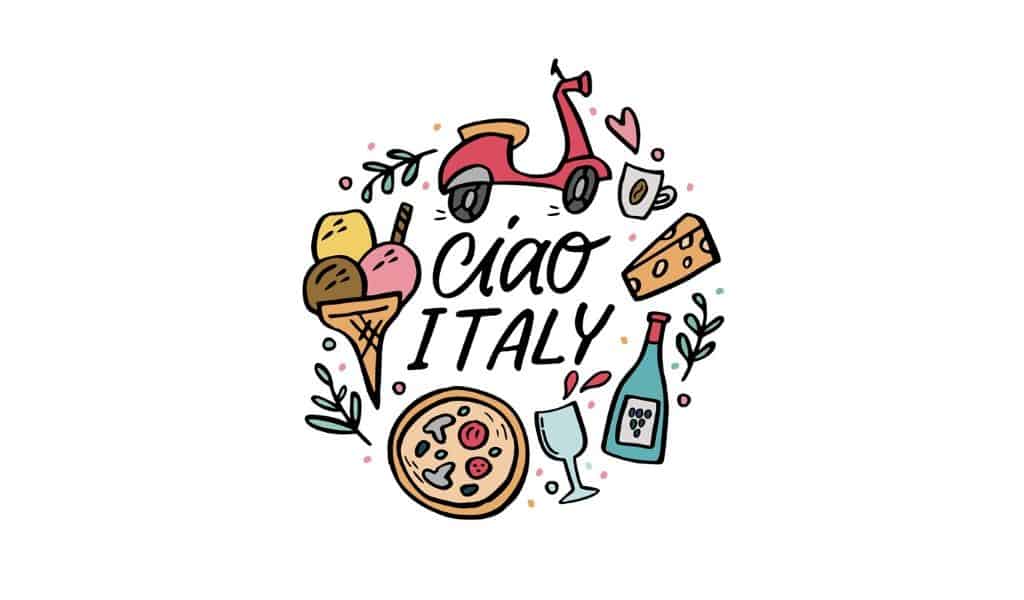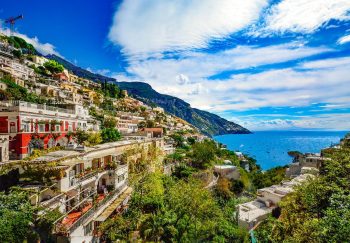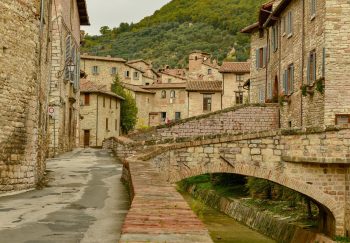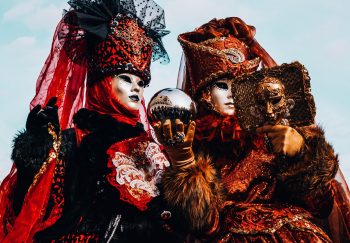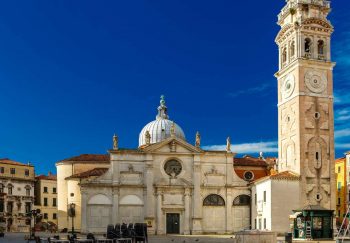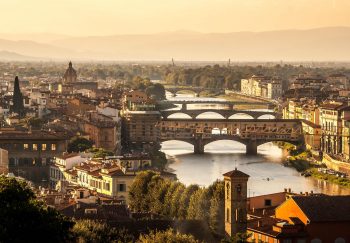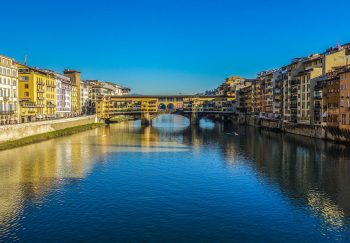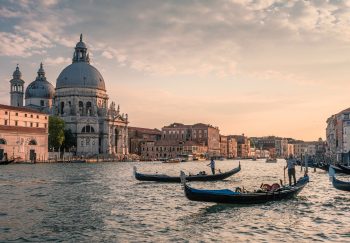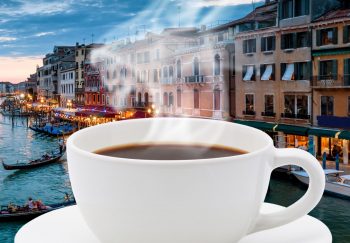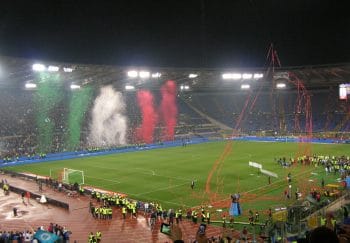You can make your trip to Italy more enjoyable by learning a few basic phrases and words in Italian. This is because English is not widely spoken in the smaller towns and villages of Italy, although it is common in tourist areas and larger cities like Florence, Rome and Venice.
A little bit of Italian can help you to get a taste of off-the-beaten path Italy. Don’t be afraid to practice on locals, as Italians are friendly and patient with foreigners.
Are you unsure where to begin? We have some great tips and tricks to help you learn Italian.
Quick note on Italian pronunciations
Even if you don’t know the exact words of Italian, being able to speak the language is a huge help.
It’s not uncommon for Italian words to be quite long and poetic. These words can be quite long and poetic in Italian.
Vowels are used a lot in lyrical Italian. Remember that “a” sounds like “ee” when it is used in greet, “i” as in father, and “u”, like “u” in rule. Depending on the word, the vowels “e”, “o” and “ee” can be either open or closed.
Many consonants sound similar to their English counterparts. There are some exceptions to this rule: The letter “c” preceding “i” and “e” sounds like an “e”, “g” prior to “i”, “e”, or “general” sounds like “general”, “h” is silent, “r” almost always rolls, and “z” is pronounced as the “dss” in “lads”, and the “ts in sets in all cases.
Double consonants can seem a little confusing. Here are some rules: “ch” sounds similar to the “c” of “car”, “gli” sounds the “ll” from million, “gn”, sounds like “ny” before i, “e” and “sc” sounds just like “sk” for “skip” all other cases.
That’s it? Great! Here’s a quick guide to the most important phrases and words in Italian. You’ll be able to now pronounce them!
Common Italian greetings
Buongiorno: Good morning. Usually spoken until 4pm.
Buona sera: Good evening. Usually spoken after 4 p.m.
Buona notte: Good night. It is used only to say goodbye.
Ciao: Hello or goodbye. This is a very informal greeting.
Salve: A way of saying hello, especially in Rome (it is Latin!) In formality, it’s somewhere in the middle of “ciao” or “buongiorno”.
Arrivederci is a formal way to say goodbye. Literally, it means “until you see each other again”.
Some other common phrases in Italian
Please choose one.
Grazie: Thank you. To express many thanks, you might also hear “grazie mile” (literally “a thousand thangs”)
Prego: You’re welcome
Mi chiamo …: I’m…
Non parlo italiano: I don’t speak Italian
Parla inglese? : Can you speak English? This is the formal version. However, you can also ask parli english? If you prefer to be informal,
Si: Yes. Other common affirmations include va bene (fine), okay.
No
Dove: Where. For directions, you can ask Dove (street or landmark )…?”).
Chi Who
Quando:
Cosa: What?
Why Perche
These are some helpful words to help you get around Italy
Metropolitana: Subway
Treno: Train
Macchina: Car. Also called auto
Autobus: Bus. Pullman: A coach bus.
Aeroporto: Airport
Taxi: Taxi
Ristorante: Restaurant
Hotel Albergo
Banca: Bank. If you are looking for an ATM, make sure to ask for a Bancomat.
Aiuto! : Help!
Dov’e il bagno? : Where’s the bathroom?
Quanto costa? How much does it cost?
Che ore sono What time is it?
Destra (right), sinistra (left), dritto (straight)
Vicino (close), lontano (far)
Numbers
Uno (1), due (2), tre (3), quattro (4), cinque (5), sei (6), sette (7), otto (8), nove (9), dieci (10)
The days of the week
lunedi (Monday), martedi (Tuesday), mercoledi (Wednesday), giovedi (Thursday), venerdi (Friday), sabato (Saturday), domenica (Sunday).
Other Italian phrases that are popular
Allora: One of the most well-known Italian words, allora can be used to transition between sentences. It can be used to begin a sentence, question or phrase like “so …”,” or “therefore …””, or to refer to a time in history.
Dai: Although the exclamation may be short, it has a lot of depth and meaning. This can be used to exclaim “come on!” and disbelief like “really?” !”.
Bello is a Latin word that literally means “beautiful”, but it can also be used as a way to describe something nice, such as a dress. Commonly, bello (for males), and bella (for women) are used to salute friends and acquaintances.
Buon appetito: Enjoy your meal. When a meal has been served, it is almost always said.
Buon viaggio: Have a nice trip
